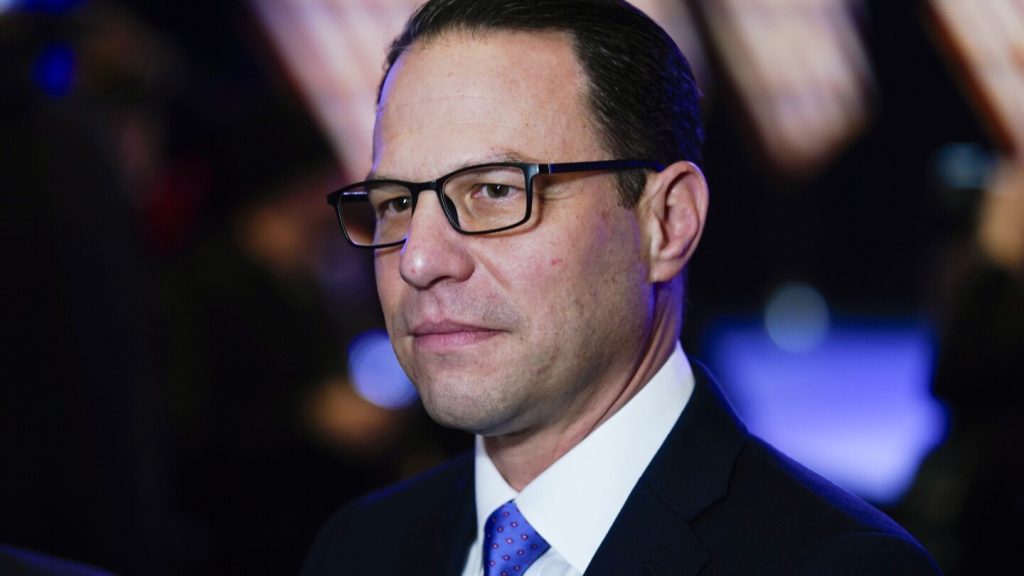Efforts to ban the popular video-sharing app TikTok over security concerns related to Chinese influence are gaining momentum in state legislatures across the country, including in Pennsylvania. A bill that unanimously passed the state Senate last year could soon reach the desk of Democratic Governor Josh Shapiro. Despite these ban efforts, many governors and state agencies, including President Joe Biden, are actively using TikTok to reach out to the youth vote, which makes up a significant portion of the app’s 170 million U.S. users. Governor Shapiro has been using TikTok to promote his initiatives and connect with voters, showcasing a mix of personal and official content in his videos.
While some states have banned the use of TikTok on government devices and networks, many governors, mostly Democrats, continue to use the platform for outreach. Anupam Chander, a visiting scholar at the Institute for Rebooting Social Media at Harvard University, believes that politicians leveraging TikTok for communication is a natural progression of engagement strategies. He compares it to historical examples like President Franklin Roosevelt’s fireside chats and more recent efforts by Presidents Barack Obama and Donald Trump on social media. The personal nature of TikTok allows politicians to connect with voters in a unique way, sharing personal moments such as walking to the Senate chambers or expressing emotions around legislative votes.
In Michigan and New Jersey, TikTok has been banned from government devices, but exceptions have been made for certain accounts, like Michigan Governor Gretchen Whitmer’s and a government-affiliated account in New Jersey. These accounts provide a mix of entertaining and informative content, including memes, cute dog videos, and updates on government initiatives. Despite concerns about security and potential bans, governments across the country are leveraging TikTok to promote tourism, events, and small businesses. In Pennsylvania, Governor Shapiro’s use of TikTok reflects his administration’s commitment to ensuring accessibility to government services through diverse platforms, including social media.
Governor Shapiro’s TikTok content includes relatable moments like sipping tea from a ‘Get S—t Done’ mug or expressing gratitude to teachers as his kids return to school. His videos also feature edgy messaging, such as addressing attempts to stop legal votes from counting. The administration has a dedicated phone for creating TikToks, emphasizing the importance of engaging with constituents through various channels. While some lawmakers are pushing for bans on TikTok, researchers have found that a majority of political accounts on the platform belong to Democrats running for Congress. Maggie Macdonald, an assistant professor of political science, notes that the debate around TikTok seems to be predominantly led by Democrats, who continue to use the platform for outreach and communication efforts.
Overall, the use of TikTok by politicians and government officials reflects a broader trend of leveraging social media for engagement and outreach. Despite concerns about security risks and potential bans, many politicians see TikTok as a valuable tool for connecting with a younger audience and promoting their initiatives. As the debate around TikTok continues, it remains clear that social media platforms play a significant role in shaping political communication and engagement strategies in the digital age.


